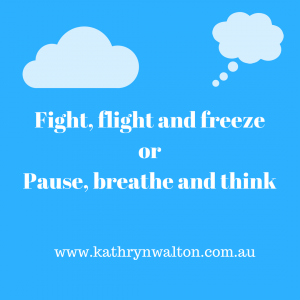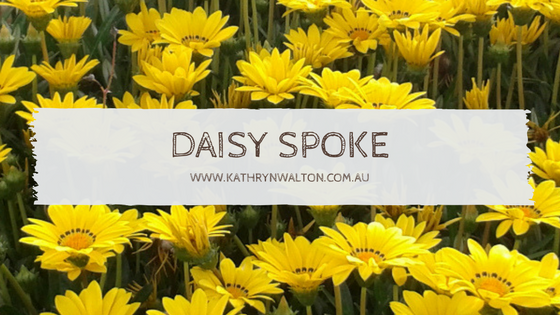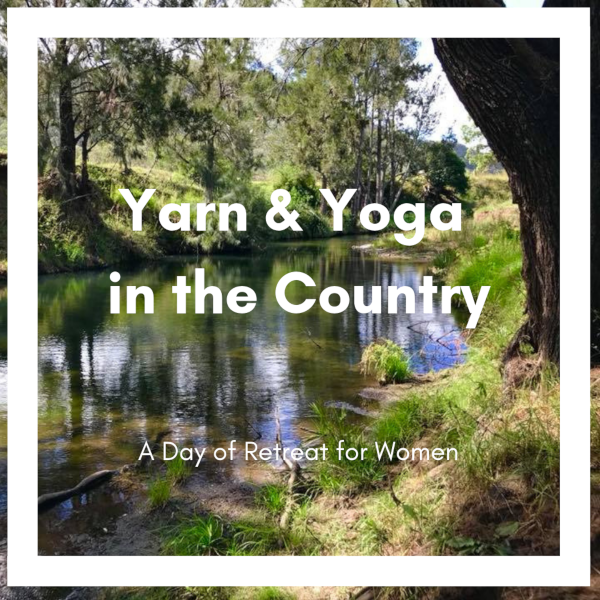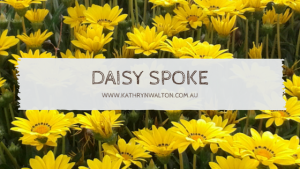
Last week I wrote about asking for help. Today I want to share with you a true story about asking for help and how it was the exact strategy needed to reach a goal. This story is about me. Well, actually it’s really about you. It’s about how you can ask for help to reach your goals so that the challenges that will inevitably arise don’t become stumbling blocks on your way to success.
Setting goals is essential for growth and satisfaction
I believe that setting goals is essential for personal and professional growth and life satisfaction. There’s a delicate balance between accepting and embracing life as it is, and striving to be the best version of yourself. I don’t always get the balance right and sometimes find myself floundering in a pool of frustration as I strive for independence instead of striving towards my goal. This state of affairs is definitely not conducive to accepting and embracing life as it is! What I’ve discovered is that asking for help along the way does not necessarily erode your independence, but it does help you to accept and embrace life AND have the satisfaction of achieving success.
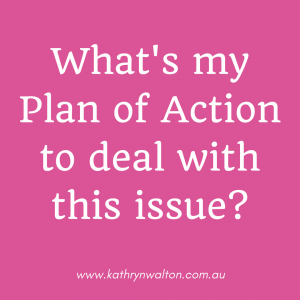
I set a goal and ran into a problem
A few years ago I set the goal of jogging continuously for 2 kilometres. I started off in the recommended way progressing from fast walking to walk-jog-walk and gradually increasing the time I spent jogging. I didn’t pay much attention to my nagging foot discomfort as it got worse. I’d always had trouble with my feet and figured I’d just need to put up with it, push through it, and prove to myself that I wasn’t a Drama Queen. After all, isn’t that what all athletes do? When I couldn’t stop the tears as I walked between my house and shed I realised this was a little bit more than my usual foot trouble.
Asking for help vs independence
Having been raised with a high degree of independence and an aversion to asking for help (I was the student who never raised their hand to ask a question in class), I realised this situation was one that I couldn’t solve by myself. I needed help from someone who had specialist knowledge and skills. The constant pain was a daily prompt that I needed to take action. So that’s what I did. I took myself and my pain, shame and embarrassment to a doctor for a review and x-rays, and then to a podiatrist. Armed with orthotics, physio exercises, iced bottles and advice on shoes, I went home to rehabilitate. It was definitely no magical overnight fix; in fact it took many months before I was able to take up my jogging goal again. If only I’d asked for help sooner, I’d have reached my goal much earlier than I did.
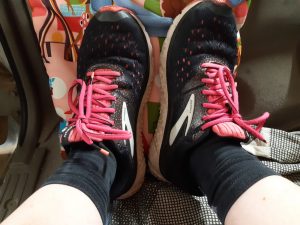
You have to do more than simply ask for help
I really appreciated this lesson in life when I made my way back to my podiatrist last year with a new foot issue. I had a very specific goal that I was committed to and knew that if I was going to accomplish it I really needed her help with some new foot pain issues! I had four months to get myself sorted because I had registered for an overnight hiking expedition with a group of strangers in very rugged, steep country. The group was made up of bush adventure therapists, and I was sure I’d struggle to keep up even if I didn’t have foot pain.
Enthusiastically and confidently I gathered my new orthotics together with my new hiking shoes and new sports shoes and went home. I diligently did my exercises and physio every day, but the improvement was not as rapid as I’d hoped. A few weeks later I had a review with my podiatrist. I told her I’d been consistently doing the exercises but my foot was only a little bit better and I was worried it wasn’t going to get me up those steep rocky hills in another couple of months. The deadline was looming and I was losing hoping that I’d be able to reach my goal despite asking for help before things got really bad.
My podiatrist sensed my frustration and understood my goal-oriented approach to life. She did what I do in my counselling sessions with clients – she ran through my ‘homework’ checklist:
- Had I been wearing my orthotics? Yes!
- Had I been doing the calf stretches and massage at least twice a day? Yes!
- Had I been using the phsyio gel AND ibuprofen to reduce inflammation? “Ummm… no….. I thought that was just for the pain and I thought I’d be okay without it”
- Had I been icing my foot regularly, not just when it was really painful? “Ummm…no…”
Okay, so I’d THOUGHT I had been consistently following instructions but I hadn’t. I’d gone into autopilot mode following my ‘old’ treatment plan and had mentally filtered out some of the critical steps in the new treatment plan. Once I began following the plan completely, I was well on my way to achieving my goal. This consultation was a pivotal event for me. I realised how important it is to not only ask for help, but to listen to it carefully and follow through with every piece of advice.

Choosing to ask for help is the balance between independence and success
Over the past few years I’ve thrown myself into the practice of asking for help from a range of professionals so I can reach my health and fitness goals as well as my business goals. Goals don’t have to be lofty to be valuable. They can target your ordinary everyday life, like learning to make your own muesli or re-potting a plant. When you set a goal and choose to ask for help, you’re finding that balance between independence and striving towards success, whatever that means for you.
Discovering mountain biking as life’s ultimate parallel universe in her middle age, Kathryn Walton shares information and reflections in ‘Daisy Spoke’ that inform, inspire and empower women to a healthy and active lifestyle.



